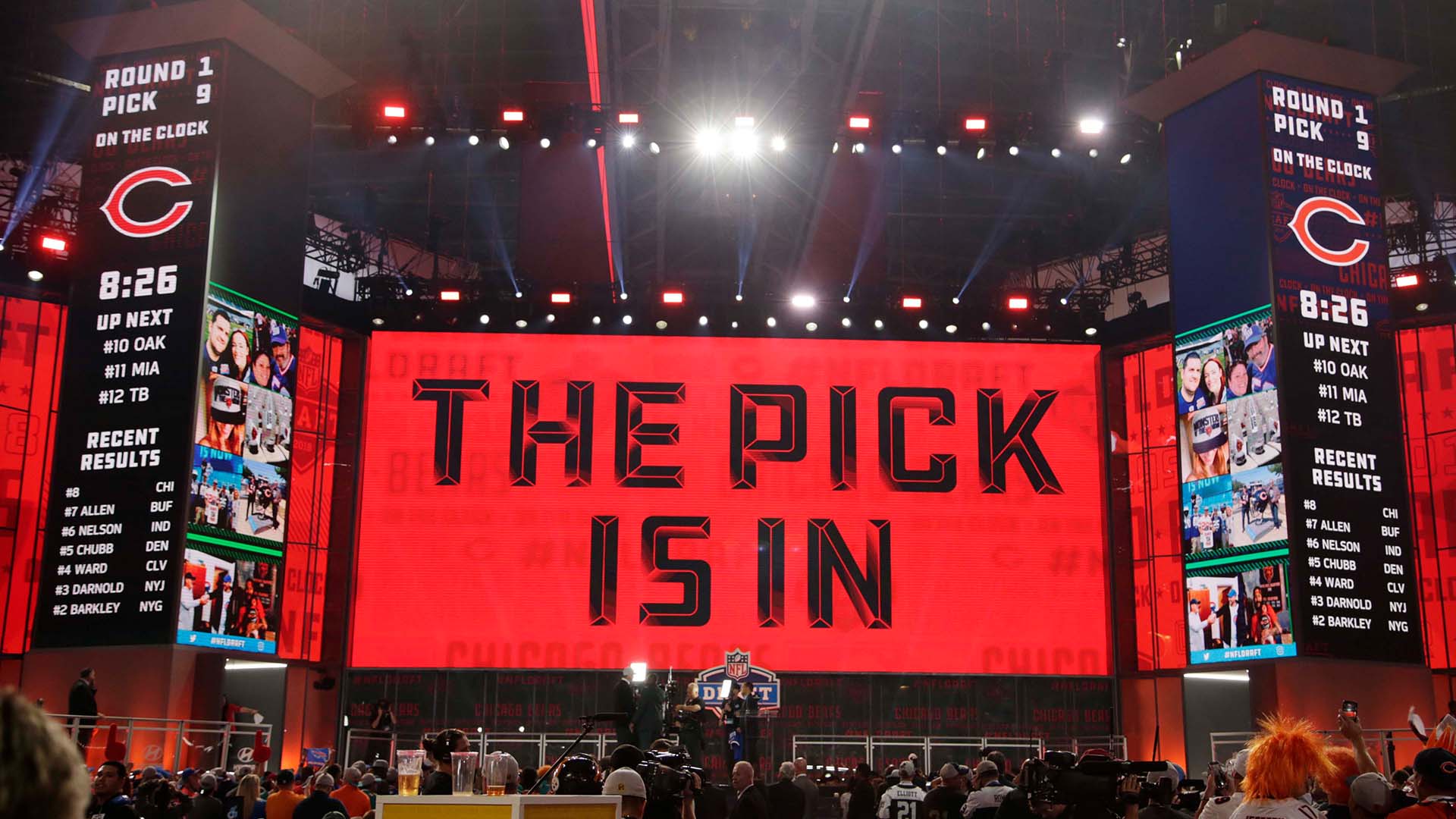Karen Harold of suburban Palatine said she can have peace of mind knowing that her elderly mother’s Medicaid situation is finally being resolved. But she said the government should be held accountable for putting her mother through a bureaucratic loop.
“It has been more difficult than I could ever anticipate,” Harold said.
Harold’s 89-year-old mother, Rosemary, broke her wrist last year and ended up in several nursing homes that required immediate pay.
“That caused her money to run out a little bit quicker than we thought it would,” Harold said.
So when she tried getting her mother approved for Medicaid to help cover the cost of nursing home care, the government informed them that Rosemary could be approved if she “spent down” $23,718 on medical expenses, including doctor bills and nursing home services.
Illinois’ spenddown program helps some people who have too much income or too many assets to qualify for Medicaid. It works like an insurance deductible, where an individual can be approved for Medicaid by paying for the cost of personal medical care up to a set amount each month. (The process is outlined by the Illinois Department of Healthcare and Family Services.)
“The government wants to ensure that people are not misspending Medicaid funds, so they want to make sure that monies that people may have are spent towards their care,” said John Vrba, president of Illinois Health Care Association, a group that represents more than 500 licensed and certified long-term care facilities and programs for the developmentally disabled.
Local
Vrba said the state may perform a five year look back.
“Did you gift out $50,000 to a favorite grandson or did you pay for a kid’s college education, that would be a misappropriation of funds,” Vrba said.
However, Harold said her mother had already met the required spend down amount by the time she started the application process in February. She said she contacted the Illinois Department of Human Services, which takes applications for Medicaid, to get answers.
“I was trying to reach out to somebody who could help me find out where they got that figure, how they determined it and how I could provide information to show them that that figure was inaccurate,” Harold said. “I would call DHS and get passed from person to person, leave messages. No one would call me back.”
A DHS spokesperson could not comment on Rosemary’s application process due to privacy laws. However, DHS said applying for Medicaid can be a complicated process. They said if an applicant has questions about a spend down amount, they can file an appeal within sixty days.
NBC 5 Responds notified the Centers for Medicare & Medicaid Services regarding Rosemary’s situation in May.
Harold said she received an email from the government the next day. She said her mother was finally approved for Medicaid the next month. She said Rosemary’s coverage is retroactive to April. However, she is waiting for confirmation that the coverage will be retroactive to January.
Harold said she learned some confusion in the application process stemmed from a burial policy for which she gave her mother the money to purchase and whether that could be counted toward her spend down.
Still, Harold said it is accurate to report that her mother potentially saved $15,000 after NBC 5 Responds got involved.
“The fact that Medicaid can keep her there and I don’t have to worry about her, the family doesn’t have to worry about her, is a huge relief for us,” Harold said.
Harold said she urges families in similar situations to hire a professional to help navigate the Medicaid process.
DHS also urges applicants to check with the state to learn if and how a medical expense can be counted toward a spend down.
Meanwhile, Vrba cited a study that shows Illinois ranks toward the bottom in state Medicaid reimbursement. He said this impacts both care facilities and families.
“The state is looking very closely at these dollars and sometimes potentially not treating the family the way they should be treated,” Vrba said.
DHS did not immediately respond to a request for comment regarding the study.



